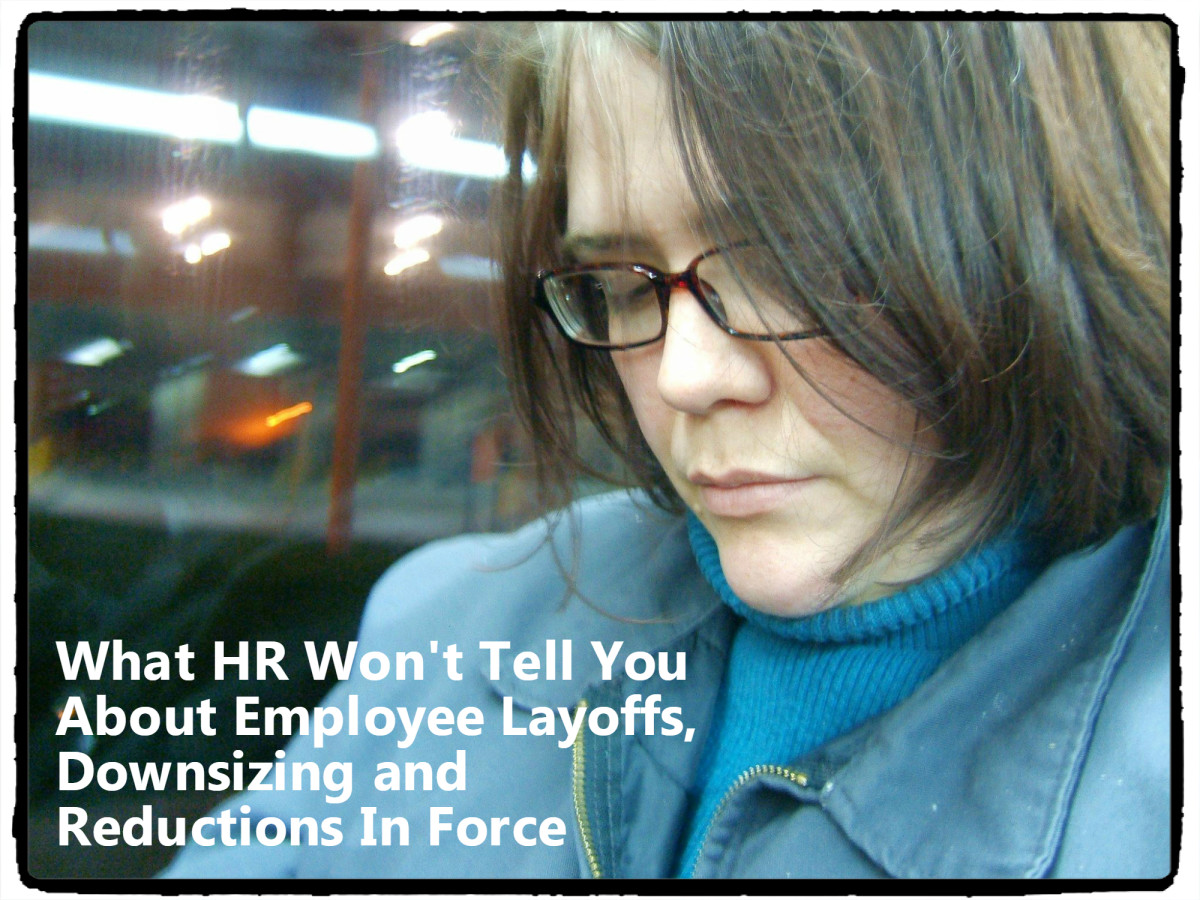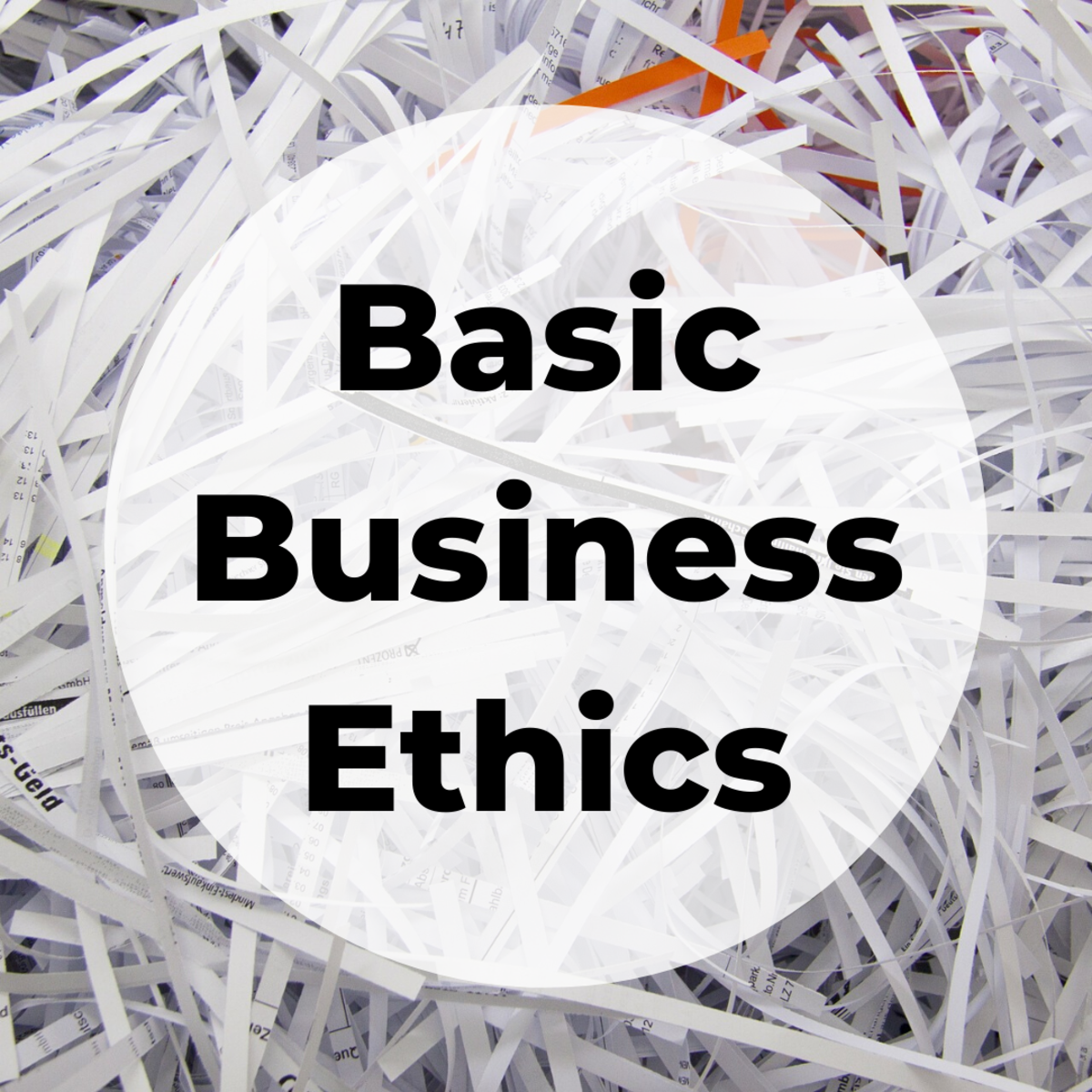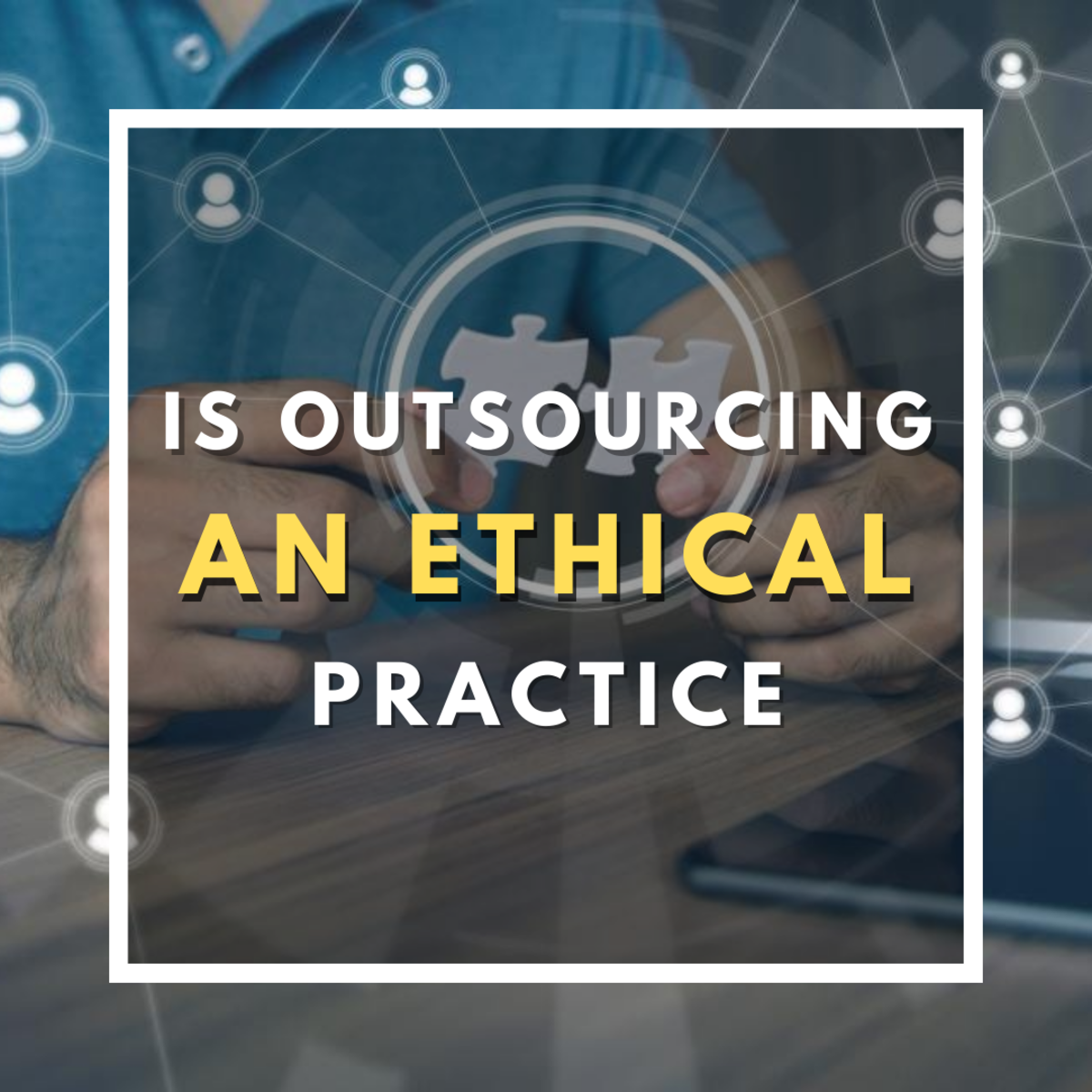Having a Positive Reputation: Unethical Behavior in the Workplace

Managers need to have a clear sense of how to arrive at an answer in order to manage ethics objectivity. Stakeholders of a company may illustrate unethical actions in regards to company. The effects of unethical behavior can detriment the success and reputation of a company.
Workplace deviance is unethical behavior that violates company norms about right and wrong. Workplace deviance can by categorized by how deviant the behavior is, from minor to serious. Serious workplace deviance may have to be punished by termination. Minor deviance may be carefully observed by managers for a trend in this behavior. If the deviance is a habit, more than a verbal warning would be appropriate.
Unethical Behavior Defined
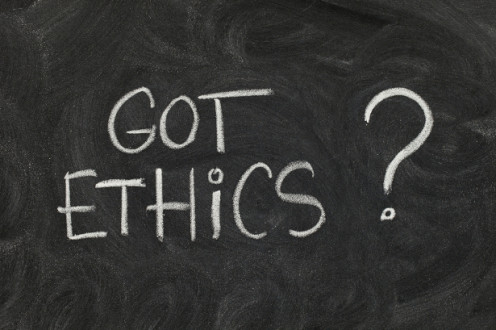
Unethical behavior is basically not conforming to the approved standards and norms of social or professional life.
Speaking Out Against Unethical Behavior
The increased presence of an employee voice has made individual employees feel more comfortable speaking out against actions of their employers that they feel to be irresponsible or unethical.
When employees are involved in strong ethical cultures, they are more likely to report violations, because they tend not to fear retaliation for “blowing the whistle.” They are also more willing to seek legal resolutions for unethical behavior.
- Theft
- Insider Training
- Unsafe Working Conditions
- Dumping Toxic Waste
- Abusive or Intimidating Behavior
- Incomplete Disclosures
- Harassment
- Monopolies
- Discrimination
- Fraud
- Invasion of Privacy
- Reckless Chemical Usage
- Misleading Customers
- Sexual Harassment
- Corporate Scandals and Fall-outs
- Bribes and Kickbacks
- Labor Union Opposition
- Personal Aggression
- A Hostile Environment
- Employee Harm
- Embezzling
- Falsifying business needs
- Termination without Fair Notice or Cause
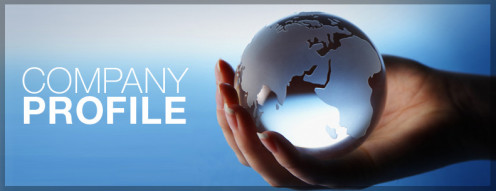
Ethical Dilemma
Have you ever been faced with an ethical dilemma?
It would be unfair to brand every company as fundamentally unethical in its business dealings. However, there is no doubt that numerous prominent companies with models of aggressive business management have later proven to be fundamentally flawed in their ethical practices.
Reasons for Unethical and Ethical Behavior and Rationalizations

- It is important for companies to demonstrate ethical behavior and be a good example in the industry and to society. Otherwise, employees and other stakeholders may illustrate unethical behaviors negatively affecting the organization.
- Most unethical business behavior is out of greed. Many people behave in an unethical manner in order to get juicy contracts and maximize profits.
- Company-related deviance can affect both tangible and intangible assets. For example, production deviance hurts the quality and quantity of work produced.
- Companies can get their assets damaged with property deviance. This may involve sabotaging, stealing, or damaging equipment. Property deviance is unethical behavior aimed at company property or products.
- The theft of company merchandise by employees is called employee shrinkage. This is a very common form of property deviance, and most companies experience some form of it.
- Political deviance is using one’s influence to harm others in the company.

Rationalizations that Can Lead to Misconduct
- A belief that because the activity helps the company, the company will condone it and even protect the person who engages in it.
- A belief that the activity is safe because it will never be found out or publicized – the classic crime and punishment reinforces this belief.
- A belief that the activity is in the employee’s or the company’s best interests – that the employee would somehow be expected to undertake the activity.
- A belief that the activity is within reasonable ethical and legal limits – that is, that it is not “really” illegal or immoral.
The Costs and Results of Unethical Behavior

Many employees with high moral standards are at a great disadvantage against unethical behavior that they notice in their notice in their colleagues, and to make it worse, much unethical behavior goes unpunished because of legal insignificance. An employee working for a company with unethical and dishonest conduct will be directly affected financially and mentally, which could cause them emotional and stress related problems.

The impact unethical behavior can have on the stakeholders of a company is to develop the ability to anticipate such events and ultimately put the appropriate policies and procedures in place to prevent such behavior from happening at all. If an employee does not exhibit ethical behavior, it is up to the company to decide what sort of punishment it wishes to discipline or encourage.
Most companies have adopted several techniques that allow for the management of unethical activities. The first step is to create a company policy that is signed by all employees. This erases most feelings of ambiguity of the unethical behavior. A company should include the person who should be contacted, and how to go about doing it. With clear instructions, there will be less hesitation in reporting unethical activities, and then they can be dealt with quickly and relatively easily, before they develop into overwhelming.
A manager’s reputation can permanently be strained as a result of being involved in unethical intelligence gathering. Immoral dealings amongst employees or in a company build a work environment of hostility and mistrust. Employees tend to go further down the drain when they are surrounded with people who practice the same. This leads to lower productivity, promote conflict, and subsequently damage the company.

Unethical behavior in a company can harm the sales of goods, leading customers to boycott goods bought from a company who is known to be unethical, and the lead in a drop stock price. Investors will be unwilling to buy shares from companies known to transact business dishonestly; investing in dishonest companies will result in poor returns.
Bad Publicity
Unethical behavior has many adverse effects on companies. If a company is unethical, the word spreads quickly, and the company will have a bad reputation. Unethical behavior can also result in bad publicity, resulting in a bad name that will always be associated with the company even if they attempt to utilize a more ethical code of conduct.
There are many ways employees can cause unethical behavior. Employees and managers should show their ethics, and be a good example for those whom they are around. Unethical behavior causes many disadvantages for employees, managers, and for the organization.
Unethical behavior harms sales.
|
Unethical behavior harms stock prices.
|
Unethical behavior worsens the risks of a scandal.
|
Unethical behavior worsens employee fraud.
|
Unethical behavior worsens productivity.
|
Unethical behavior especially worsens performance of those who are highly skilled.
|
Unethical behavior worsens efficiency.
|
Unethical behavior worsens communications.
|
Unethical behavior worsens retention and recruiting.
|
Unethical behavior worsens employee absenteeism.
|
Unethical behavior worsens sabotaging behavior.
|
Actions to Prevent Unethical Behavior
The impact of unethical behavior can have on the stakeholders of a company is to develop the ability to anticipate such events and ultimately to put the appropriate policies and procedures in place to prevent such behavior from happening at all. Managers needs to fairly and consistently punish those who violate the company’s code of ethics or acts unethical.
Conclusion

Ethical behavior is important since it creates a company’s invaluable reputation. When that reputation is lost, it is very difficult to get it back. In order to regain public trust and to avoid government regulations, companies must act ethically and show the public that they are doing so.
Unethical charismatics control and manipulate follows, do what is best for themselves instead of their company, want to hear only positive feedback, share only information that is beneficial to themselves, and have moral standards that put their interests before everyone else’s. Because followers can become just as committed to unethical as to ethical charismatics, unethical charismatics pose a tremendous risk for companies.
The best way a company can avoid employees acting unethically is to create an atmosphere where employees feel pride in their organization and stay away from committing such acts. Unethical business practices have no place in today’s business environment and we have the responsibility to conduct ourselves ethically in our organization.



